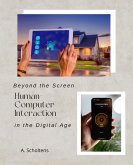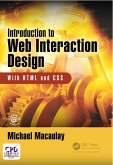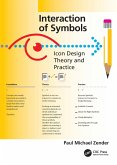Working with information technology—called by the authors "the material without qualities"—interaction designers create not a static object but a dynamic pattern of interactivity. The design vision is closely linked to context and not simply focused on the technology. The authors' action-oriented and context-dependent design theory, drawing on design theorist Donald Schön's concept of the reflective practitioner, helps designers deal with complex design challenges created by new technology and new knowledge. Their approach, based on a foundation of thoughtfulness that acknowledges the designer's responsibility not only for the functional qualities of the design product but for the ethical and aesthetic qualities as well, fills the need for a theory of interaction design that can increase and nurture design knowledge. From this perspective they address the fundamental question of what kind of knowledge an aspiring designer needs, discussing the process of design, the designer, design methods and techniques, the design product and its qualities, and conditions for interaction design.
Dieser Download kann aus rechtlichen Gründen nur mit Rechnungsadresse in A, B, BG, CY, CZ, D, DK, EW, E, FIN, F, GR, HR, H, IRL, I, LT, L, LR, M, NL, PL, P, R, S, SLO, SK ausgeliefert werden.







![Taking [A]part (eBook, ePUB) Taking [A]part (eBook, ePUB)](https://bilder.buecher.de/produkte/50/50403/50403064m.jpg)

